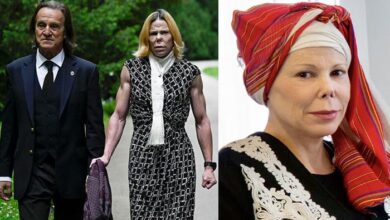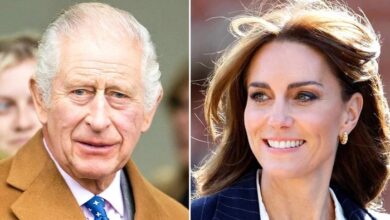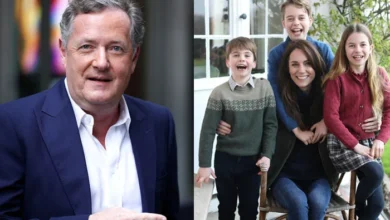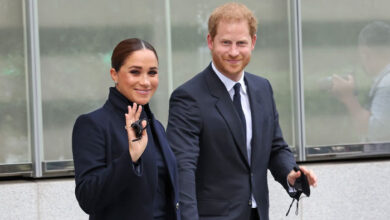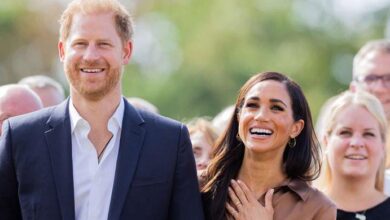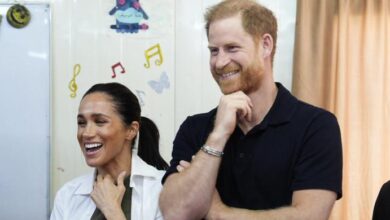Prince Andrew Forced by Prince William and King Charles to Give Up His Titles
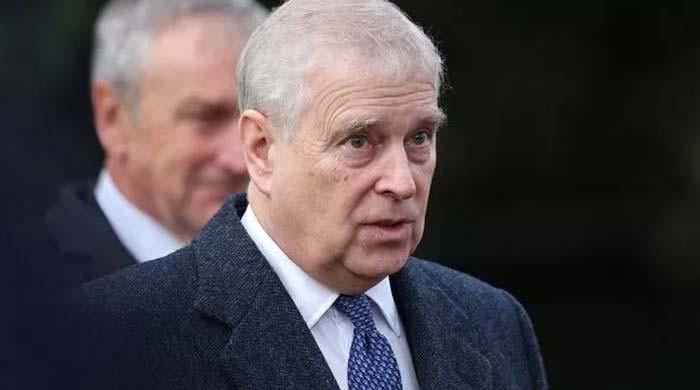
Prince Andrew, the brother of King Charles, has announced that he will no longer use his royal titles, including the Duke of York and Knight of the Garter. This decision marks a significant shift in his public role within the British Royal Family.
The announcement was made via a statement from Buckingham Palace, but it has since sparked widespread speculation and rumors. Royal analysts suggest that Andrew’s decision was influenced by external pressures rather than his own voluntary choice.
Experts indicate that King Charles and Prince William exerted intense pressure on Andrew to step back. This internal family dynamic is believed to have played a key role in his decision to relinquish his titles.
Prince Andrew stated that after discussions with The King and his family, they concluded that ongoing accusations against him serve only to distract from the efforts of the Royal Family. He emphasized his commitment to his familial and national duties.
In his statement, Andrew mentioned, “I have decided, as I always have, to put my duty to my family and country first.” He also reaffirmed that he stands by his previous decision to stay out of the public eye, which he took five years ago.
However, Andrew added that with the agreement of His Majesty, he must now go further by ceasing to use his titles or honors. Despite stepping away, he continues to deny the allegations leveled against him vigorously.
Royal commentator Jenny Bond observed that the use of “we” throughout Andrew’s statement was noteworthy. She suggested this language indicated that additional pressure was placed on him to make this decision.
Bond noted that Andrew “could not go on with all these headlines,” which she believes are distracting from the family’s official engagements and duties. The public narratives surrounding him had become too burdensome.
She also pointed out that significant behind-the-scenes discussions likely took place between Crown members, including Charles and William. Their influence appears to have been pivotal in driving Andrew’s decision.
Interestingly, Jenny highlighted that Andrew’s choice of words, such as saying he would not be “using” his royal titles, might refer specifically to his dukedom granted by his mother in 1986. This subtle linguistic detail is seen as telling.
Read More: King Charles’s Hidden Feelings About Prince Andrew’s Controversial Choice Exposed
Ferguson, his ex-wife, is set to lose her role as Duchess of York with Andrew’s departure from public duties. This marks a broader shift in their public personas and titles within the Royal Family framework.
The decision underscores the ongoing controversial saga surrounding Prince Andrew, especially in relation to allegations linked to the Jeffrey Epstein scandal. These allegations have tarnished his public image for years.
Despite his decision to step back, Andrew firmly denies the accusations, asserting his innocence. Nevertheless, the royal family appears determined to safeguard their reputation amid mounting scrutiny.
Analysts believe this move reflects a strategic effort by the Royal Family to contain the damaging headlines and restore public confidence. Stepping away from titles is seen as a step towards that goal.
The protocol of relinquishing titles amid scandal is not unprecedented but remains significant. It highlights the balance royal institutions seek between tradition, reputation, and modern expectations.
As the story unfolds, it remains to be seen how Prince Andrew’s absence from royal duties will influence future family dynamics and public perceptions. His stepping back signals a new chapter for the British monarchy.
In summary, Prince Andrew’s decision to cease using his royal titles appears to be heavily influenced by family and external pressures related to ongoing allegations. The move aims to protect the integrity of the Royal Family and focus on their official duties moving forward.

